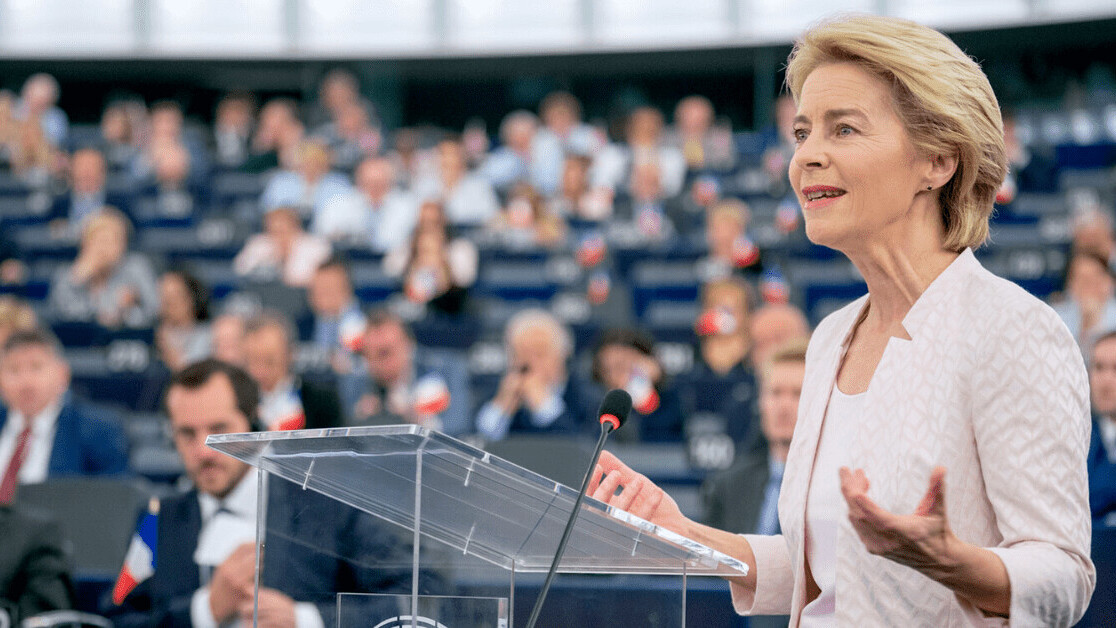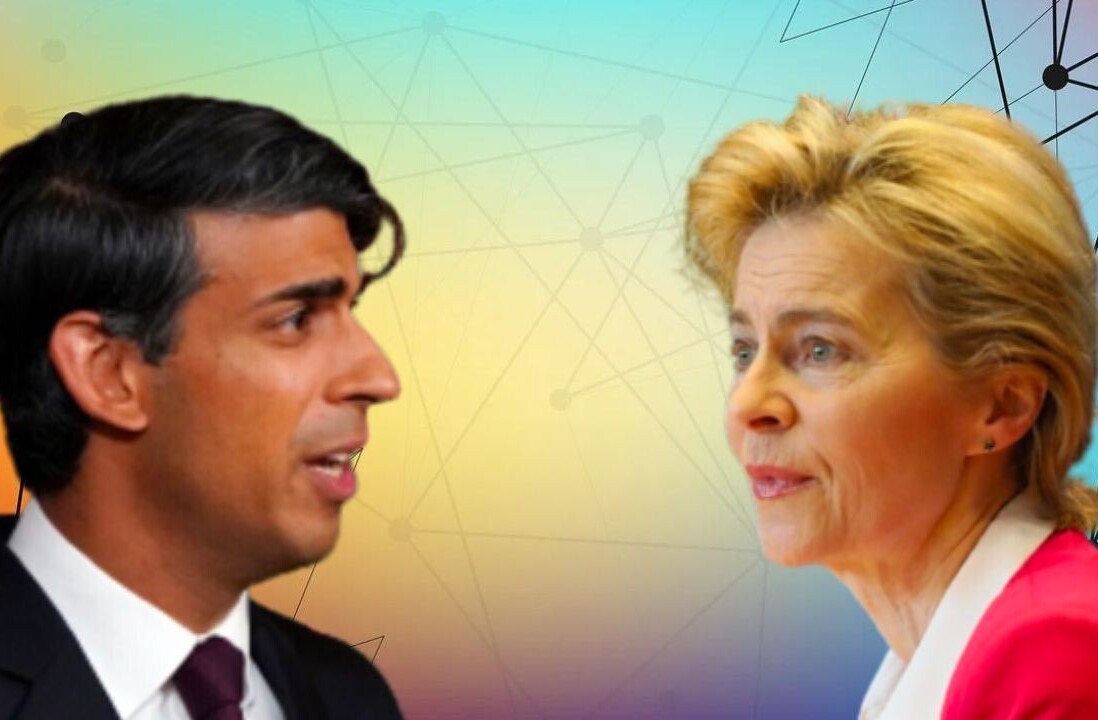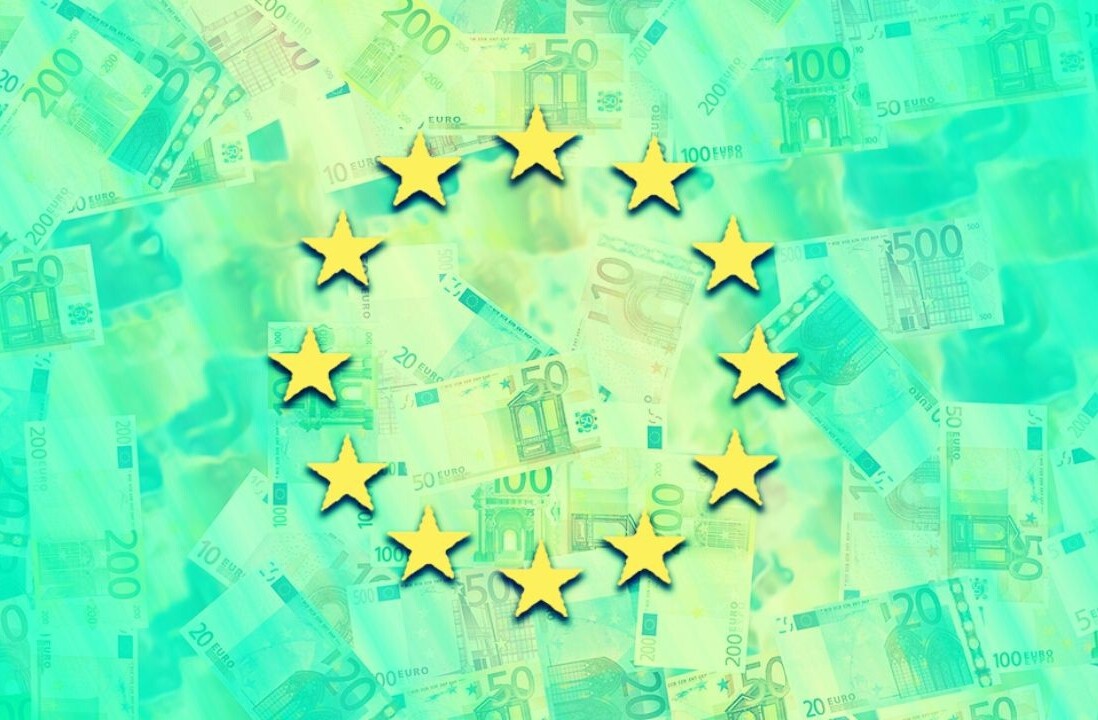The General Data Protection Regulation was the European Union’s 2018 shot across the bow to the digital world. It tightened rules for companies storing user data and is the reason we were all inundated with opt-in emails from brands begging us to stay on their mailing list. The law also catapulted the EU into the center of the ongoing debate on how our free internet is governed.
Since then, a storm has been brewing in Brussels. European politicians have bemoaned that GDPR did not go far enough to begin with and was outdated by the time it became law. The world has also played witness to a number of global scandals triggered by the move-fast-and-break-things crowd of social networks and tech startups. Live-streamed massacres and vast tech monopolies have placed these companies squarely in the crosshairs of European politicians.
On December 1, European Commission President-elect Ursula von der Leyen will take the helm of one of the EU’s most powerful institutions. She has already signaled that the technology industry will be a top priority by naming Margrethe Vestager, the powerhouse Danish European Commissioner known for her massive fines leveled against the likes of Google and Apple, her “Executive Vice President for a Europe fit for the Digital Age”.
Hesitant of its ability to produce society-shaping tech companies like the United States and China, the European Union plans to use the next five years to keep the industry in its orbit by enacting far-reaching regulation. These are a few of the issues you can count on seeing movement on that will affect tech companies from Silicon Valley to Shenzen:
1. Platform liability
Though they have created new open forums for debate and exchange, social networks like Facebook and Twitter have proven their usefulness in a variety of sinister. Foreign actors have used the sites to meddle in elections and mass shooters have live-streamed their murders to the world.
Europe wants to address these issues in what will be known as the Digital Services Act. The law will be introduced in 2020 and is likely to bring new rules for online safety and the accountability of social networks for content on their platforms with it.
Replacing the existing on-the-books regulation will be politically popular. The EU’s 20-year-old E-Commerce Directive currently places almost no liability on platforms like Facebook. Expect this to be a robust core of a globally impactful piece of regulation.
2. Artificial Intelligence
The EU is on a mission to inject ethics into AI and keep it human-centric. With little to no chance to directly compete with American and Chinese counterparts, the EU has decided to take on what it sees as the outer ethical bounds of AI, like killer robots and algorithmic bias.
To achieve this, the European Commission brought together a group of AI experts — called the AI High Level Expert Group — to develop Europe’s counter-approach. This summer, the group laid out its policy recommendations for ethical AI: increasing investment in AI, preparing for socio-economic changes, and ensuring a legal foundation that protects European values.
But the High-Level Expert Group was only setting the stage — President von der Leyen has promised to propose a European AI Strategy within her first 100 days in office. The strategy is likely to zone in on major weaknesses Europe currently suffers in the field like large-scale data sets and a workforce equipped to drive innovation.
As a late-in-the-game entry, the European Union will leverage its single market of over 500 million citizens to pressure American and Chinese titans to play by its ethical AI rulebook.
3. Competition
Many tech giants are still hurting from Margrethe Vestager’s first term in office. Apple, Alphabet, Google, and Qualcomm were all ordered to pay large sums either in back taxes or antitrust fines. The end of such pressure is far from over — beyond her role ensuring that Europe is fit for the digital age, Vestager will retain her portfolio as Competition Commissioner.
Vestager’s first warning shot was made recently when she said that the burden of proof on tech companies should be raised. Rather than her team proving that a company’s decision hurt consumers, she suggested a change in which companies must show the clear advantage of such a decision to consumers. While this would likely be part of a broader overhaul of Europe’s competition rules and is not guaranteed, it is a testament to the mark Vestager hopes to make on the industry.
Social platforms, e-commerce sites, and every other player with skin in the tech game should take von der Leyen and her team seriously. While the EU struggles with the importance of creating its own Silicon Valley level tech behemoths, it will continue to use every tool in its arsenal to maintain Europe’s stake in the global fight for tech dominance.
Get the TNW newsletter
Get the most important tech news in your inbox each week.





